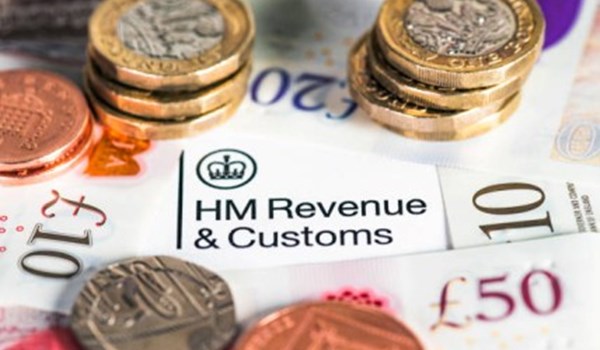HMRC has intensified investigations into inheritance tax evasion, launching 2,029 inquiries between April and November 2023. The frozen inheritance tax threshold and rising property prices have led to more families facing scrutiny. As debates on fairness continue, families struggle to navigate complex tax rules during a time of grief.
In the wake of a firestorm debate on GB News, HM Revenue & Customs (HMRC) has intensified its investigations into thousands of families suspected of underpaying inheritance tax. Recent data from NFU Mutual reveals that between April and November 2023, a staggering 2,029 inquiries were launched into potential inheritance tax evasion.
Unraveling the Inheritance Tax Conundrum
HMRC’s extensive authority to scrutinize potential underpayments is no secret. From errors and omissions to asset undervaluation, any suspicion can trigger an investigation. The government body leaves no stone unturned, meticulously examining various sources of information such as bank statements and income flows, which may unearth unreported assets like investments, properties, or substantial foreign currency dealings.
Inheritance tax, a seemingly straightforward concept, has become a complex web of rules and regulations. According to the UK government’s official guidelines, the tax is due by the end of the sixth month following the death of an individual. For instance, if a person dies in January, the inheritance tax is expected to be paid by July 31st. However, the payment deadlines differ for trusts making installments on the tax.
The Frozen Threshold: A Double-Edged Sword
The current inheritance tax threshold, frozen until 2028, has sparked heated debates among political consultants and tax experts. Some argue that it unfairly penalizes families, while others maintain that it ensures a fair distribution of wealth.
The frozen threshold, coupled with rising property prices, means that more families than ever before are finding themselves within the inheritance tax net. This has led to a surge in the number of investigations conducted by HMRC.
The Human Face of the Inheritance Tax Debate
Behind the statistics and narratives lies the human face of the inheritance tax debate. Families grappling with the loss of a loved one are now faced with the daunting task of navigating the complexities of inheritance tax.
“It’s a difficult time for families,” says Sarah Green, a tax consultant. “They’re not only dealing with grief but also the stress of potential investigations.”
As HMRC continues its investigations, the debate on inheritance tax is far from over. The government’s focus on compliance underscores the importance of ensuring that all due taxes are collected appropriately. However, the question remains: Is the current system fair, or does it place an undue burden on grieving families?
As the debate rages on, one thing is certain: the inheritance tax conundrum is a story of human struggle, resilience, and the quest for justice.



